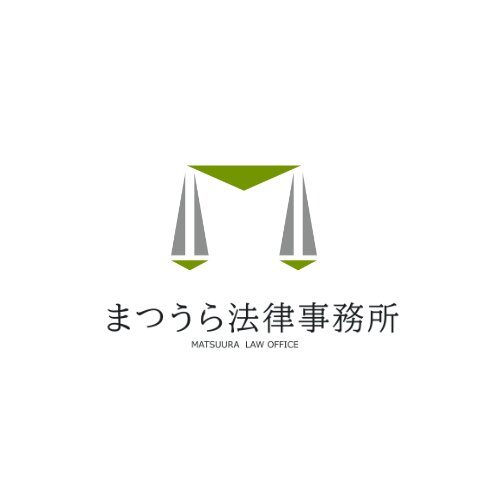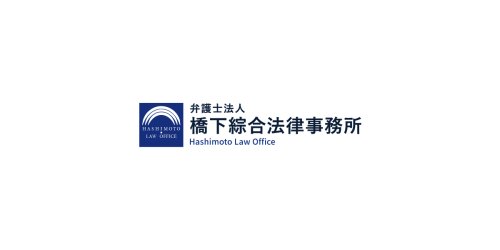Best Trusts Lawyers in Japan
Share your needs with us, get contacted by law firms.
Free. Takes 2 min.
Or refine your search by selecting a city:
List of the best lawyers in Japan
About Trusts Law in Japan
Trusts in Japan are governed by the Trust Act, which was revised and enacted in 2007. The concept of a trust under Japanese law involves the transfer of ownership of property from a settlor to a trustee, who manages the property for the benefit of a beneficiary. Trusts can be utilized for a variety of purposes, including asset management, estate planning, and the segregation of liabilities. In Japan, trusts are particularly recognized for their flexibility and usefulness in financial transactions and planning.
Why You May Need a Lawyer
There are several situations where you might require legal assistance with trusts in Japan. These include drafting a trust agreement, navigating the complex tax implications of trusts, managing or disputing trust administration, and dealing with inheritance and estate planning issues. Legal advice can also be invaluable if you are a foreign national dealing with cross-border jurisdictional issues or if you need to set up or modify a business trust. Expert guidance ensures compliance with Japanese laws and helps protect your interests.
Local Laws Overview
Trust law in Japan is primarily governed by the Trust Act and the Trust Business Act. These laws set out the framework for setting up and managing trusts, outlining the roles and responsibilities of each party involved. Key aspects include the fiduciary duty of trustees, the rights of beneficiaries, and the process for setting up and dissolving trusts. Additionally, Japanese tax laws can significantly impact the administration of trusts, making it essential to understand any tax liabilities or benefits associated with them. The Financial Instruments and Exchange Act also influences trusts that are used in investment and securities activities.
Frequently Asked Questions
What is a trust in the context of Japanese law?
A trust in Japan is a legal arrangement whereby a settlor transfers property to a trustee, who manages it for the benefit of a beneficiary.
How is a trust created in Japan?
A trust is created through a formal written agreement that outlines the terms and conditions of the trust. This process involves clearly defining the roles of the settlor, trustee, and beneficiary.
Are there different types of trusts in Japan?
Yes, there are several types of trusts in Japan, including public trusts, charitable trusts, and business trusts, each serving different purposes and governed by specific legal frameworks.
Can foreign nationals create a trust in Japan?
Yes, foreign nationals can establish trusts in Japan, but it is advisable to seek legal advice due to potential cross-border legal and tax implications.
What are the tax implications of setting up a trust?
The tax implications can vary depending on the structure of the trust and the assets involved. Expert legal advice is recommended to navigate the complexities of trust-related taxes in Japan.
Who can be a trustee in Japan?
In Japan, an individual or a legal entity such as a financial institution can be a trustee, provided they meet the legal requirements set forth in the Trust Act.
How are disputes within a trust addressed?
Trust disputes in Japan may be resolved through negotiation, mediation, or legal proceedings in the courts, depending on the nature of the dispute.
What rights do beneficiaries have in a trust?
Beneficiaries are entitled to receive benefits as specified in the trust agreement, and they have the right to enforce the terms of the trust and seek legal recourse if necessary.
Is it possible to modify or terminate a trust after it is created?
Yes, modifications or termination of a trust can be done under certain conditions, often requiring the consent of the parties involved and adherence to the terms set out in the trust agreement.
What role does a lawyer play in trust administration?
A lawyer can provide valuable assistance in trust administration by ensuring compliance with legal requirements, advising on fiduciary duties, and representing parties in any disputes or court proceedings.
Additional Resources
For more information on trusts, consider reaching out to the following resources:
- The Japan Federation of Bar Associations (JFBA) for finding legal professionals specializing in trusts.
- The Japanese Ministry of Justice for up-to-date legal texts and interpretations regarding trusts.
- The National Tax Agency for guidance on the tax implications of trusts.
Next Steps
If you need legal assistance related to trusts in Japan, your next steps should include:
- Consulting with a qualified attorney specializing in trusts to discuss your specific needs and circumstances.
- Preparing any relevant documents and information to help the lawyer assess your situation effectively.
- Considering mediation or negotiation as an initial step if dealing with a trust-related dispute.
By taking these actions, you can better ensure that your interests are protected and that you navigate the complexities of trust law in Japan efficiently and effectively.
Lawzana helps you find the best lawyers and law firms in Japan through a curated and pre-screened list of qualified legal professionals. Our platform offers rankings and detailed profiles of attorneys and law firms, allowing you to compare based on practice areas, including Trusts, experience, and client feedback.
Each profile includes a description of the firm's areas of practice, client reviews, team members and partners, year of establishment, spoken languages, office locations, contact information, social media presence, and any published articles or resources. Most firms on our platform speak English and are experienced in both local and international legal matters.
Get a quote from top-rated law firms in Japan — quickly, securely, and without unnecessary hassle.
Disclaimer:
The information provided on this page is for general informational purposes only and does not constitute legal advice. While we strive to ensure the accuracy and relevance of the content, legal information may change over time, and interpretations of the law can vary. You should always consult with a qualified legal professional for advice specific to your situation.
We disclaim all liability for actions taken or not taken based on the content of this page. If you believe any information is incorrect or outdated, please contact us, and we will review and update it where appropriate.
Browse trusts law firms by city in Japan
Refine your search by selecting a city.
















